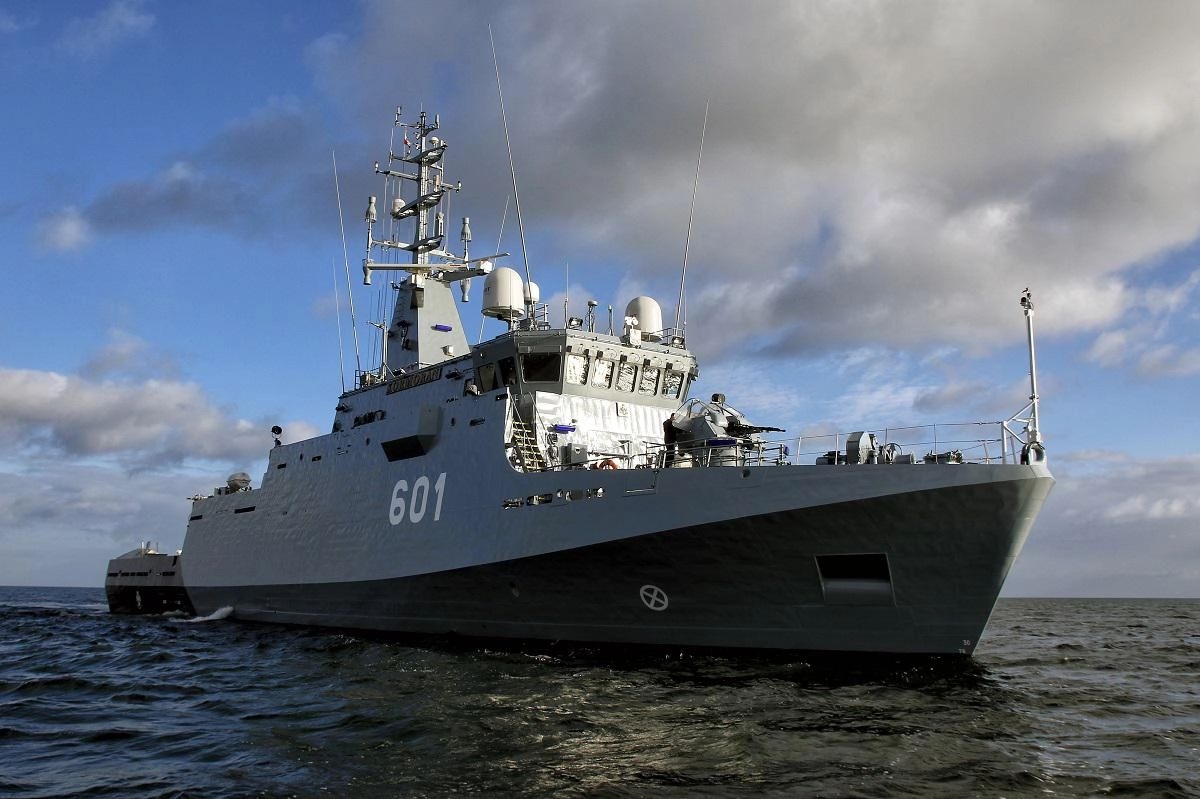
According to the draft amendment to the act approved last week, the Polish army will have the right to respond with force to terrorist attacks against maritime infrastructure.
During the Thursday meeting, the
Council of Ministers adopted a draft amendment to the Act on the
Protection of Shipping and Sea Ports, prepared by the Ministry of
Defence. The amendment introduces important changes in the context of
the existing and emerging maritime infrastructure, e.g. the Baltic
Hub gas pipeline, but also offshore wind farms.
According to the proposed
provisions, in the event of a terrorist threat to energy
infrastructure at sea, the armed forces may be used. This means that
the Polish army, including, of course, the navy, will have the right
to react in the event of threats to the Baltic Pipe, offshore wind
farms, submarine cables, energy and fiber optic networks, but also,
among others, ports and marinas. In such a case, the Minister of
National Defense will be able to issue a decision to sink a hostile
floating or flying object that constitutes a terrorist threat. The
head of the Ministry of National Defense will have to specify in his
decision the units that are to carry out the order and the means they
are to use.
At the same time, the authors of
the project stipulate that it is intended to be used only in
exceptional situations, when other response options have been
exhausted.
According to the project, a
permanent Border Guard base is to be built in Świnoujście, where
Border Guard vessels will be on duty.
The project was approved by the
Council of Ministers at a time when NATO and allied countries report
that the threat to underwater infrastructure from Russia is growing.
Poland has also admitted that it has repeatedly been the target of
intelligence activities by the Kremlin. In its information, Reuters
also reminds that after cutting off LNG supplies from Russia, our
country is dependent on gas transport by sea – via gas carriers to
the terminal in Świnoujście and via the Baltic Pipe gas pipeline.


